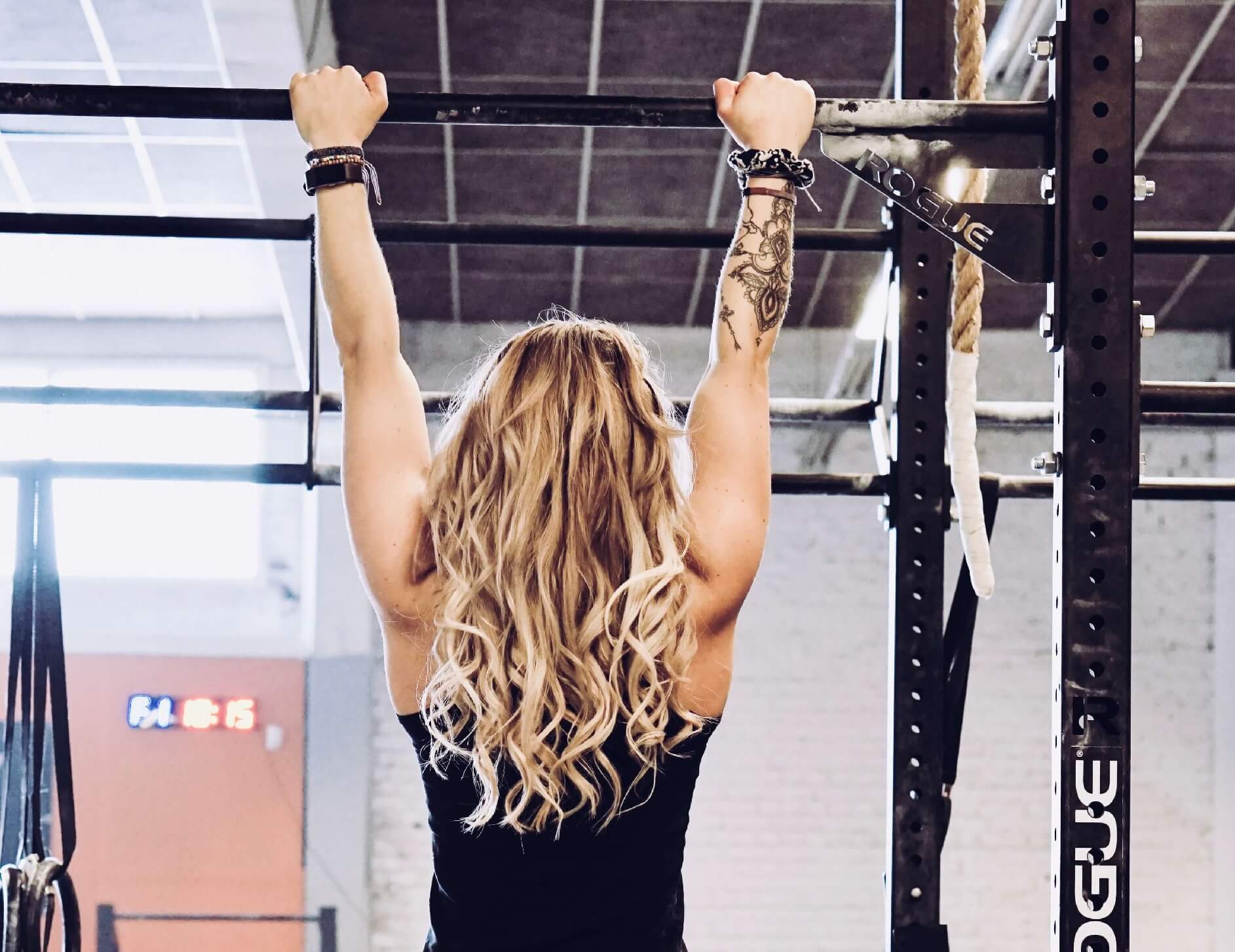Shoulder pain has many different and varied causes.
The pain may occur in the joint itself, the muscles, tendons or ligaments in the shoulders. Osteopathy can help with shoulder pain.
Shoulder bursitis, impingement syndrome and rotator cuff tendonitis are all common sources of shoulder pain.
- Bursitis is an inflammation in a connective tissue structure called a bursa in the shoulder.
- Impingement syndrome implies some faulty mechanics when you lift your arm producing a pinching effect on tissues in the shoulder.
- Rotator cuff tendonitis is usually a degenerative process where the small shoulder muscles get damaged over a long period of time and become inflamed.
- Rotator cuff tears are a collection of conditions, usually started off by trauma, but not always, in which the stabilising muscles around the shoulder are torn.
- Shoulder dislocations are a condition where a force through the arm causes the ball from the ball and socket joint of the shoulder to dislocate out of place.
These conditions can occur in combination or alone. An impingement issue might begin after a minor injury and progress to bursitis or tendonitis.
Shoulder pain symptoms
Pain in the shoulder is the cardinal symptom of the above three conditions. Classically impingement syndrome causes a sharp, pinching pain that’s felt when you move the shoulder up. Patients often have trouble putting on coats, combing and drying their hair or lifting objects above their heads. Cuff tendonitis and shoulder bursitis are harder to diagnose. The pain is usually duller and can be felt over more of the shoulder. Patients will often have trouble sleeping on the affected side, and will aggravate the shoulder when performing planking exercises or push-ups. Dislocations and acute rotator cuff tears are traumatic injuries that often need a sling initially then progression through a graded exercise program to restore strength and stability.
Shoulder pain causes
The causes are many and varied. Small repetitive motions like using the mouse can cause shoulder pain. A poorly healed injury that can undermine shoulder strength and lead to further pain and damage. Doing things well beyond your physical ability- like playing cricket or tennis without appropriate preparation or warm ups, or swimming a large number of laps in a pool without any preparation can all cause injury.
Shoulder pain risk factors
Poor upper body strength and some types of upper back postures can increase risk of shoulder pain. Some of these postures are common in desk workers can put someone at risk of developing shoulder injuries. Playing contact or throwing sports also increase the risk of a shoulder injury. Some people have particularly mobile shoulders which can predispose them to muscle tears and/or dislocations.
If you have questions about shoulder pain, or are struggling with controlling your symptoms come and see one of our osteopaths today.
How our practitioners help
Osteopath
- Relieve stiffness from muscle spasm in the rotator cuff.
- Improve muscular control and coordination for prevention of future episodes
- Relieve pain and stiffness from rotator cuff tears, impingement issues, inflamed bursae and more.
Massage
- Reduce spasm and tightness in rotator cuff, trapezius and deltoid muscles.
- Reduce pain and stiffness
- Manage ongoing stress in your back, neck and arms that may contribute.

